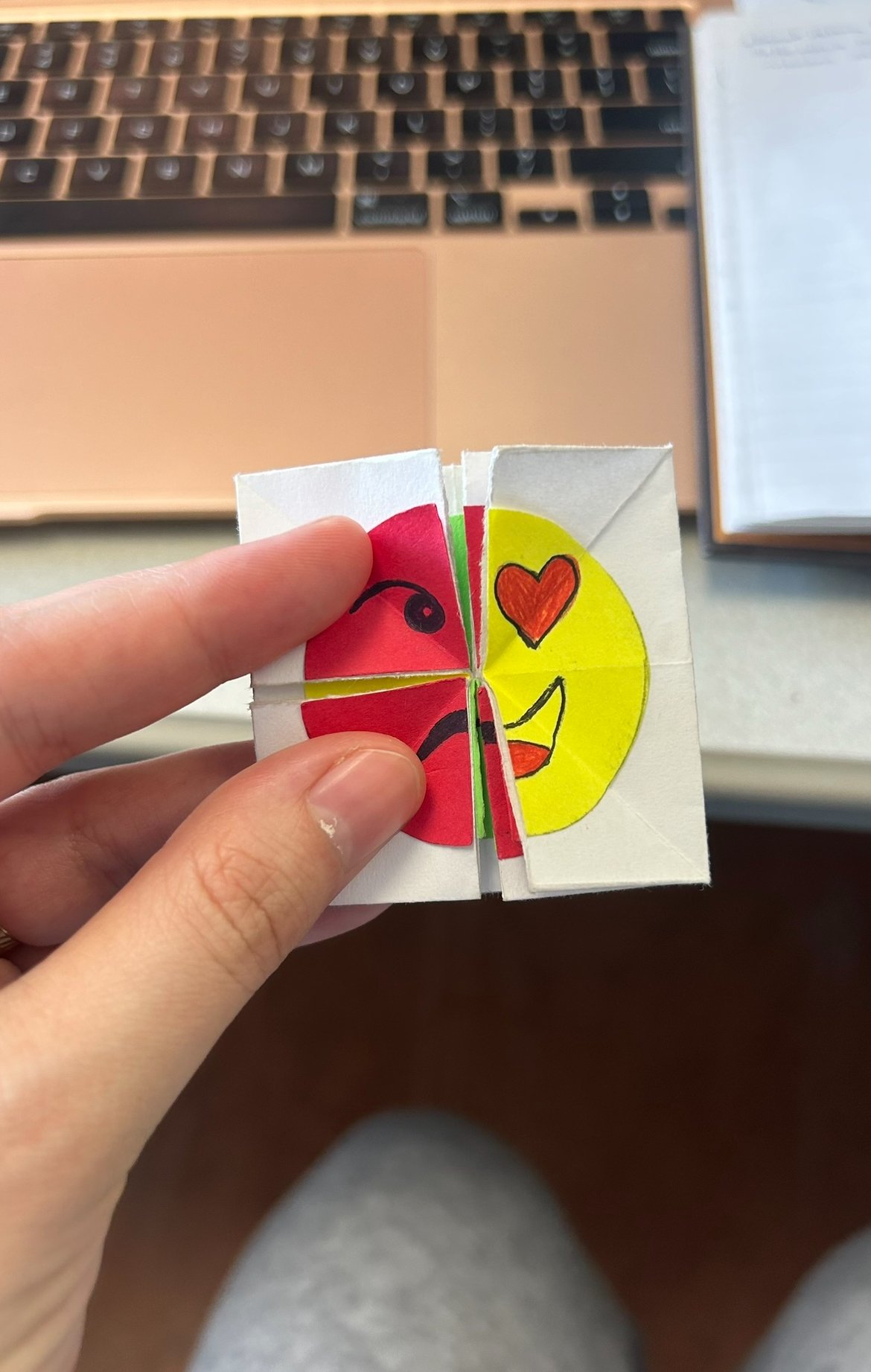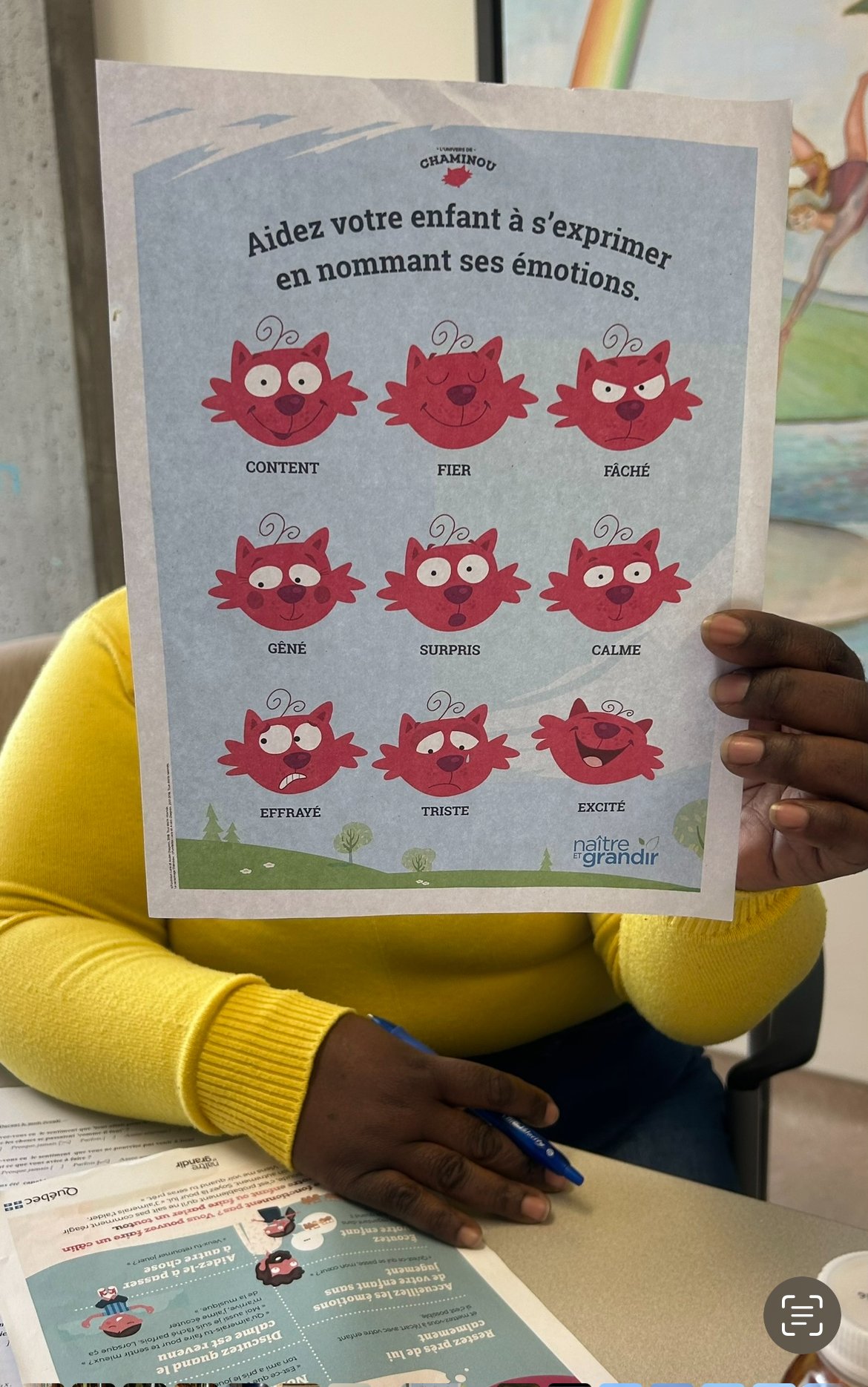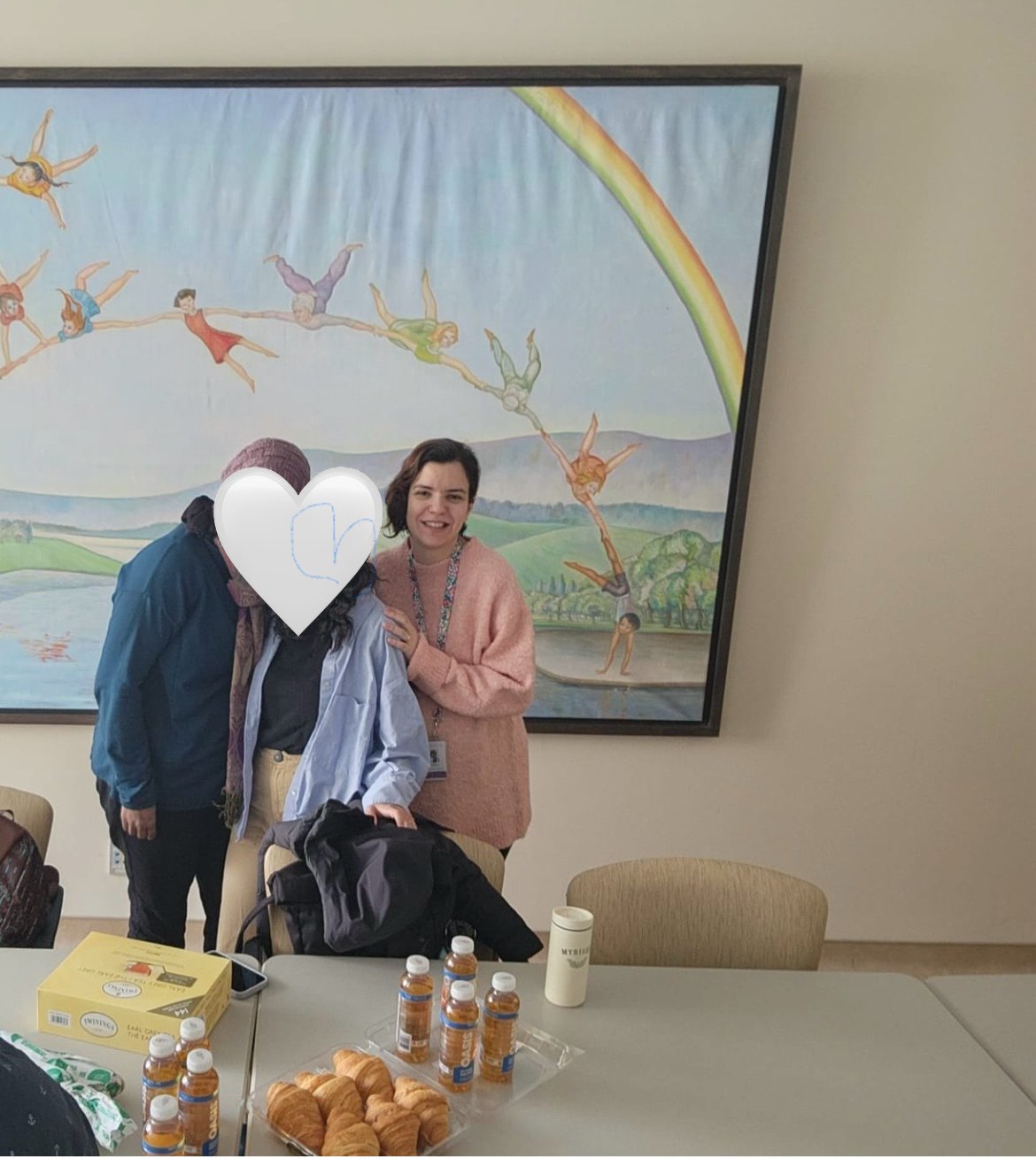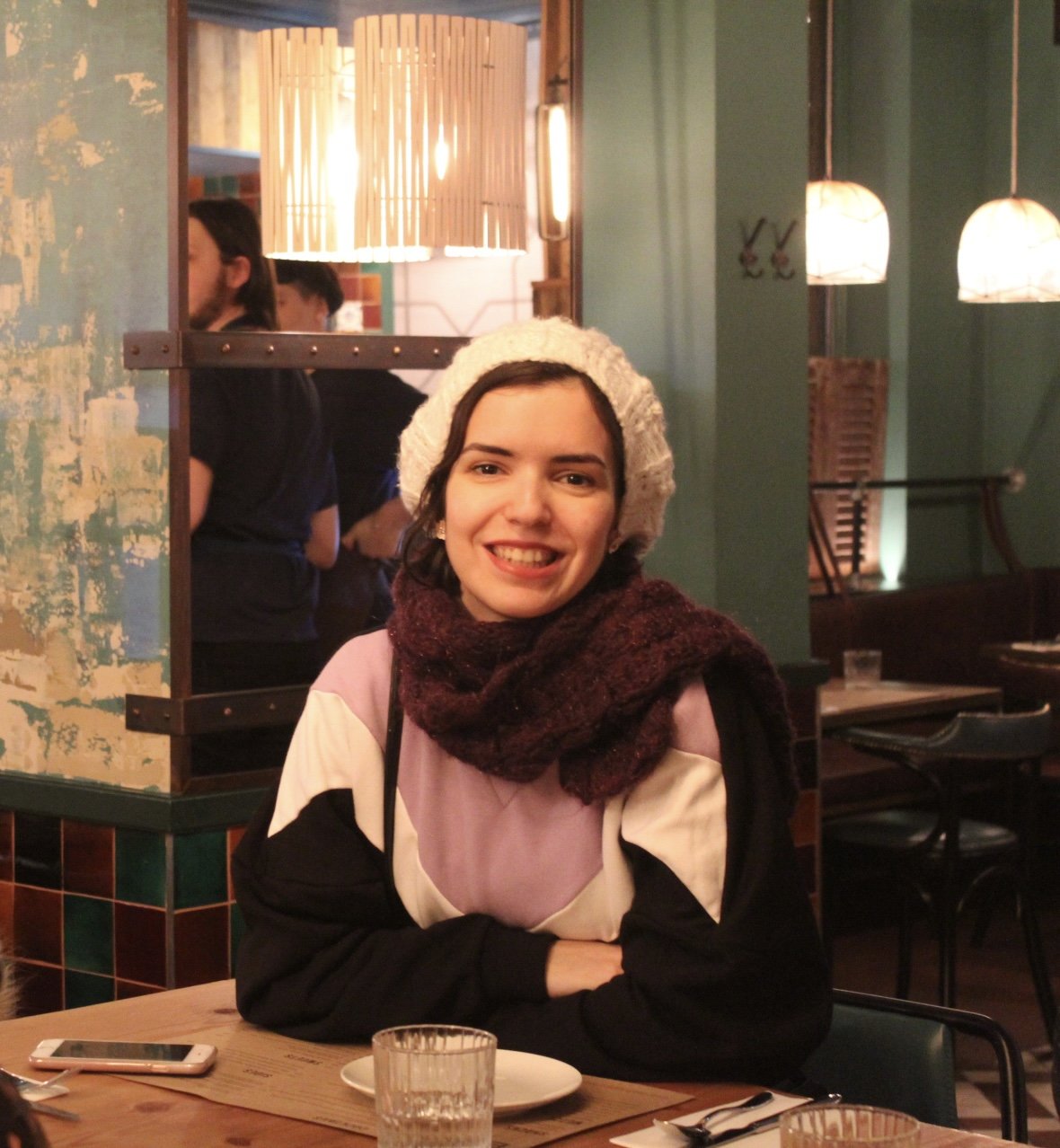A feasibility study of an adapted psychosocial intervention to improve the psychosocial well-being of asylum-seekers families in Montreal—A mixed methods approach
Aseel Alzaghoul
Impact
The project created a safe and inclusive space where asylum-seeking parents felt respected, heard, and understood. By connecting people with shared experiences, it encouraged open communication—even across language barriers—and helped build participants' confidence and sense of self-worth.
Through close collaboration with asylum-seeking parents, the program was adapted to reflect their cultural needs and lived experiences, making it more supportive and welcoming. One parent described feeling "like a fish in the water," capturing the comfort and sense of belonging the program provided. This approach showed how community involvement can lead to more inclusive and culturally relevant mental health services.
The project gained international recognition and continues to contribute to academic research, highlighting the value of community collaboration in improving mental health care and inclusion for newcomer families in Canada.




“This award has significantly supported my ability to pursue meaningful, community-based research with refugee families. It allowed me to dedicate time and resources to co-adapt a mental health intervention in a culturally sensitive way, directly involving participants in the process.”
— Aseel Alzaghoul
-
Québec
-
Studentship
-
McGill University
-
Le collectif bienvenue
-
Mitacs
-
2023-2024
-
Population Health
-
Immigrants and/or Refugees
About the Project
This project aimed to improve an existing mental health program called Teaching Recovery Techniques (TRT) by making it more culturally and contextually relevant to better support the mental health and recovery needs of asylum-seeking parents living in temporary shelters in Québec. The researcher and her team engaged closely with parents, listening to their stories and lived/living experiences. This approach helped make the program more culturally relevant and better suited to the parents’ daily lives and unique challenges and enabled the creation of a respectful and supportive mental health resource for refugee families in Canada.
Methodology
This project used a participatory approach, forming a committee of refugee parents who met over six group sessions to help adapt the TRT program. These sessions created space for parents to share their experiences and suggest meaningful changes. The researcher observed each session and took detailed notes, which were later analyzed to identify key themes and insights.
The core structure of the TRT program was maintained but enriched with cultural insights from both the group leaders and participants, along with creative input from an art therapy intern. These contributions made the program more culturally relevant and engaging, while also addressing broader resettlement needs—such as parenting in a new environment, accessing services, and rebuilding social networks. Adaptation efforts ensured that language, culture, and context were thoughtfully woven into all aspects of the program.
Findings
Participants’ experience:
Heightened sense of self-esteem and the perception of being respected and heard – One parent described feeling "like a fish in the water," capturing the comfort and sense of belonging the program provided.
Shared experiences among the participants – This was a key facilitator in this process which made it easier for participants to communicate despite language barriers and created a safe, welcoming space for open discussion.
Results of TRT intervention:
The TRT adaptation was feasible - The TRT program was successfully adapted, even with limited time, language barriers, and communication challenges.
Culturally and Contextually Relevant Intervention - The program became more culturally and contextually relevant through community feedback, creative input from art therapy, and a well-rounded focus on the real-life needs of resettling families.
Project Outreach
This project gained wide recognition through international conference presentations and an upcoming academic paper, showcasing it as a successful model of community-led, inclusive mental health support for newcomer families in Canada Building on this success, the team also planned to expand the program by offering the adapted intervention to another group of 15 to 20 asylum-seeking families in Montreal.
Resources Created
2 conference abstracts:
An abstract was accepted for presentation at the World Psychiatric Association (WPA) Congress in Prague, Czech Republic.
Another abstract has been submitted to the Pacific Rim College of Psychiatrists (PRCP) conference in Tokyo, Japan.
A full academic paper is currently being written to disseminate the findings more broadly among researchers, clinicians, and policymakers.
The project is being developed as a model resource showcasing how meaningful collaboration with communities can enhance mental health care and promote inclusion, particularly for newcomer families in Canada.


